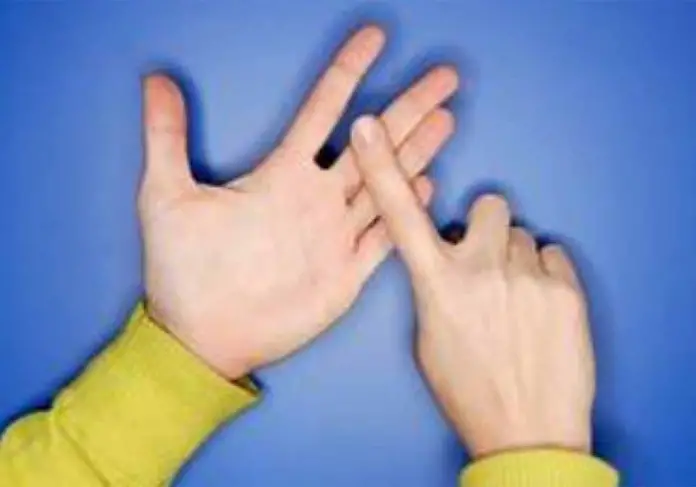Fostering two-way communication between the deaf and hearing community is the social stance that needs instant attention.
Due to several reasons, deaf-mute people lack social interaction. I believe the root-cause is the communication barrier between deaf-mute and normal people and it is high time to pay attention to it. The basic incentive behind writing my book “The Language of Paradise” is also wholly and solely to break this barrier. From this platform, I would like to highlight some note-worthy communication barriers.
First things first: smart cards authorized to the disabled community do not mention the type of disability, which as a result causes a lot of confusion. For instance, deaf people normally look like normal people so in case of a road accident, if a deaf person faints, it would become easier for the helping ones to assist him by being able to know the type of disability, mentioned on the victim’s CNIC. Same goes with other kinds of disabilities too.
Secondly, the emergency number ’15’ does not provide interpretation of sign language which again hinders the two-way communication, putting the deaf community at huge risk.
In addition to this, there should be sign language interpretation at the news channels particularly during hourly news and when the prime minister or president’s speech is being run on national TV. This will make the deaf community feel connected to the normal world.
On the other hand, I would like to let you know that usually, the deaf community is not much acquainted with Urdu language because it is a bit difficult for them to understand. Thereby, sign language will help immensely in this regard.
As per research, in Pakistan, we have more than 10 Million deaf individuals and according to the United Nations Organization’s charter, they are the equal citizens of Pakistan. However, unfortunately, results of toppers from deaf community are not announced. Also, they are not given awards which demotivates them, preventing them to excel and work harder.
Furthermore, science subjects are not offered to the deaf community. They are allowed to pursue education in humanities and arts. This ceases the opportunity for the deaf individuals who want to pursue their careers in computers or science.
Thereby, I believe there should be equal opportunity for choosing the subjects so that those who want to make a career in computer technology would be able to study mathematics and other relevant subjects. Else, it puts a question mark on the inclusivity practiced in the education sector.
Lastly, I would like to highlight that there are seats currently reserved for minority groups in Senate, but not a single one for persons with disabilities (PWDs) in the Senate which again questions the equality of rights.
I hope and believe resolving these issues would foster a two-way communication between the deaf and hearing community.







